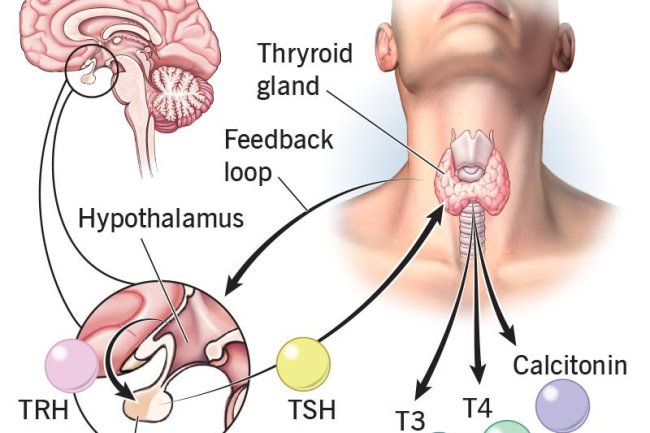Spine Surgery
Ahead of Spine medical procedure, your specialist requires clinical freedom, some of the time called pre-usable leeway, from your essential consideration doctor (PCP). Other clinical trained professionals, for example, a cardiologist or endocrinology may likewise be involved. One reason for clinical leeway is to survey your own risk(s) connected with going through a surgery.

Why Medical Clearance Is Important
Clinical leeway is a pre-careful measure intended to safeguard you. In the event that you have another ailment (ie, comorbidity, for example, cardiovascular infection, your specialist might believe one more specialist acquainted with your clinical history should offer viewpoint on whether the system is alright for yourself and ways of diminishing dangers. That is on the grounds that specific comorbidities can build your gamble of genuine medical procedure related confusions, including contamination, cardiovascular issues (eg, coronary episode), blood clumps, respiratory issues, and demise during and additionally after medical procedure.
While your PCP or expert specialist gives esteemed understanding on the dangers of the spinal method and ways of limiting those gamble for you, a definitive choice of whether to seek after spine medical procedure rests with you and your spine specialist.
Comorbidities, Medical Clearance, Estimating Risks
Previously, during and after medical procedure your body's frameworks need to work harder to keep up with and settle essential cycles —, for example, breath, circulatory strain, pulse, and temperature. Certain comorbidities or conditions might expand dangers like those connected with sedation, surgeries and aftercare (eg, recuperating).
Some of the most common conditions requiring evaluation during a medical clearance assessment include:
- Cardiovascular gamble (the top explanation spine specialists require clinical leeway)
- Weight
- Hypertension
- Congestive cardiovascular breakdown
- Aspiratory embolism
- Rest apnea
- Diabetes
- Osteoporosis
- Taking blood thinners (anticoagulants)¹˒²
A clinical leeway frequently includes an actual assessment, chest x-beam, blood and pee testing, and electrocardiogram (EKG). Extra evaluations or tests might be fundamental relying upon a patient's current comorbidities or those found.
What's Your Reaction?

















